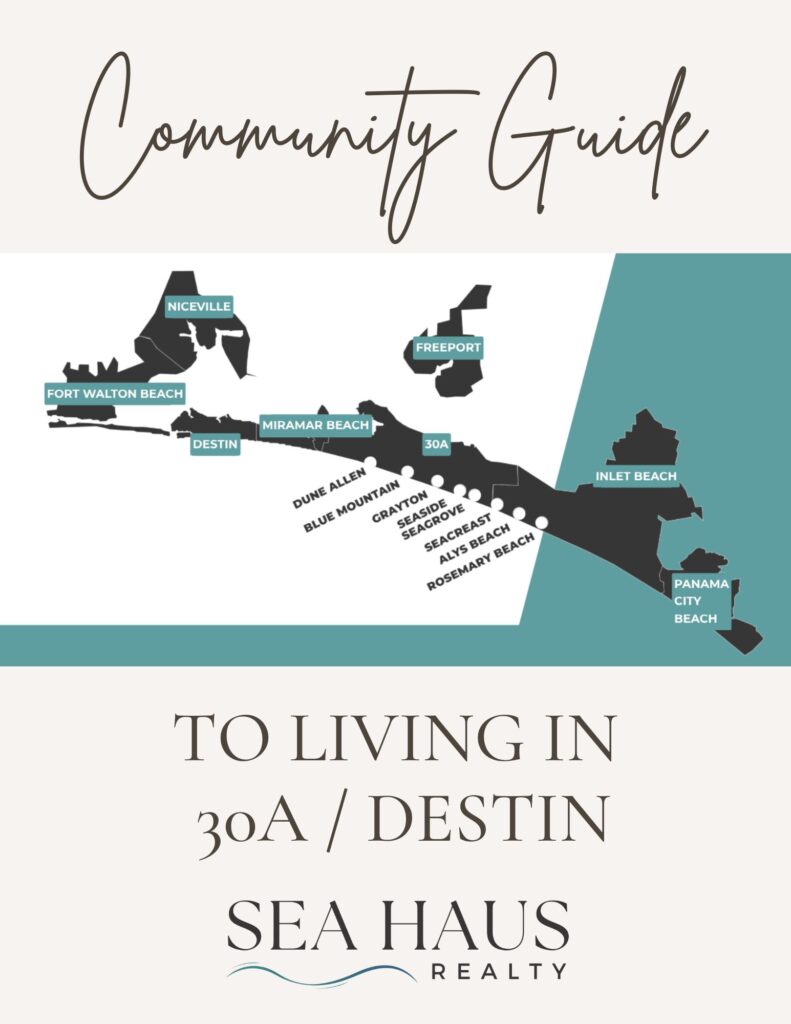Thinking about executing a 1031 exchange in Florida to defer capital gains taxes? A 1031 exchange, also known as a like-kind exchange, can be a powerful tool for real estate investors, but understanding the rules and requirements is crucial to a successful transaction. We have extensive experience handling 1031 exchanges for both buyers and sellers in the Florida Panhandle, including areas like 30A, Santa Rosa Beach, and Destin. If you’re considering selling or purchasing investment property, we’re here to guide you through the process.
What Are the Rules for a 1031 Exchange in Florida?
To qualify for a 1031 exchange in Florida, several rules must be followed:
Determine Before Closing: You must decide to execute a 1031 exchange before closing on your property. This decision is irreversible once the transaction is finalized.
Property Identification Period: You have 45 days from the sale of your original property to identify potential replacement properties. These properties must meet the like-kind criteria, meaning they should be of the same nature or character, even if they differ in quality or grade.
Closing Timeline: The replacement property must be acquired within 180 days of selling the original property. This timeline is strict and cannot be extended.
Qualified Use: The replacement property must be used for business or investment purposes. Personal-use properties do not qualify.
Qualified Intermediary: A qualified intermediary must facilitate the exchange. The intermediary holds the proceeds from the sale in escrow and uses them to purchase the replacement property. The seller cannot directly receive or handle the funds.
Debt Considerations: If the replacement property has a mortgage, it doesn’t disqualify the exchange. However, the debt on the replacement property must be equal to or greater than the debt on the sold property.
What Is the 2-Year Rule for a 1031 Exchange?
The 2-year rule applies to related-party transactions. If you exchange properties with a related party, both parties must hold onto the exchanged properties for at least two years to qualify for a 1031 exchange. Failing to do so could result in disqualification and potential tax liabilities.
How Much Does a 1031 Exchange Cost in Florida?
The cost of a 1031 exchange in Florida varies depending on the complexity of the transaction. On average, fees range from $750 to $1,500 for basic exchanges. Reverse exchanges, where the replacement property is purchased before the original property is sold, can cost significantly more.
What Is Not Allowed in a 1031 Exchange?
Certain transactions are not permitted in a 1031 exchange, including:
Personal-use properties, such as primary residences.
Properties outside the United States.
Stocks, bonds, or other securities.
Can I Do a 1031 Exchange Myself?
No, you cannot execute a 1031 exchange on your own. The IRS requires a qualified intermediary to manage the transaction. Attempting to handle the funds or process independently will disqualify the exchange and result in tax consequences.
How Do I Avoid Capital Gains Tax on a 1031 Exchange?
To avoid capital gains taxes on a 1031 exchange, adhere to the rules and timelines outlined above. Ensure that all proceeds from the sale are reinvested in a like-kind property and that a qualified intermediary manages the transaction. Working with experienced professionals, including real estate agents and CPAs, is essential to ensure compliance.
In conclusion, a 1031 exchange in Florida can be a smart way to defer capital gains taxes and grow your real estate investments. With proper planning and expert guidance, you can navigate the complexities of the process and achieve your investment goals. If you’re considering a 1031 exchange in the Florida Panhandle, let us know how we can assist you in buying or selling your investment property.





